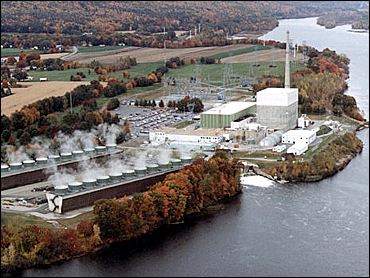
If Vermont Yankee closes how do you replace the jobs lost — in terms of numbers and pay — and blunt the broader economic impact of the lost jobs?
Almost every transition creates some hardships and when Vermont Yankee closes in 2012 there will be changes in jobs and a loss of jobs. On the other hand we know that every transition creates opportunities. We know this transition is coming and as governor I will work between now and 2012 to mitigate the negative impacts.
The current number of jobs at the plant is approximately 900 and upon closing it is estimated there will be a loss of 300 jobs in the first year. We know that moving the plant to SAFSTOR keeps a number of jobs at the plant for many years. If the plant actually moves to decommissioning, literally taking the plant apart, there are a number of jobs created for the process of disassembling the plant. This not only provides the benefit of the total removal of the plant, but also allows for additional time to create new jobs in the energy field.
In the consensus economic and fiscal impact analyses associated with the future of Vermont Yankee, they show an increase in jobs over several years if we as a state make investments in efficiency, conservation and renewables. Using the money in the Clean Energy Fund, money from a fee the state receives from Vermont Yankee for dry cask storage (this will continue as long as the casks are there) we can invest millions of dollars a year into the creation of new energy jobs.
Given the significant transmission infrastructure development surrounding Vermont Yankee, I believe it is important to explore the generation opportunities that could be locally sited. This could be biomass that would create construction jobs and long-term timber production and logging/forestry jobs. I believe it is important to explore the possibility of a natural gas fired plant on the site, which would provide many high paying jobs.
Energy efficiency investments create jobs because energy efficiency improvements are labor intensive and local. Besides creating jobs, the money saved generated by efficiency improvements stays with the consumer, helping all of Vermont’s economy.
Vermont has a long and time-tested spirit of entrepreneurism that has seen us through many tough times. I am confident that we will tap into that spirit and bring forward new ideas and creative businesses models that will power our future. The key to mitigation of the potential negative economic impacts is developing a plan to help the workers who will lose their jobs, research if a new plant on the site is possible, plan for the expansion of efficiency and conservation and invest in renewable energy sources.

No comments:
Post a Comment